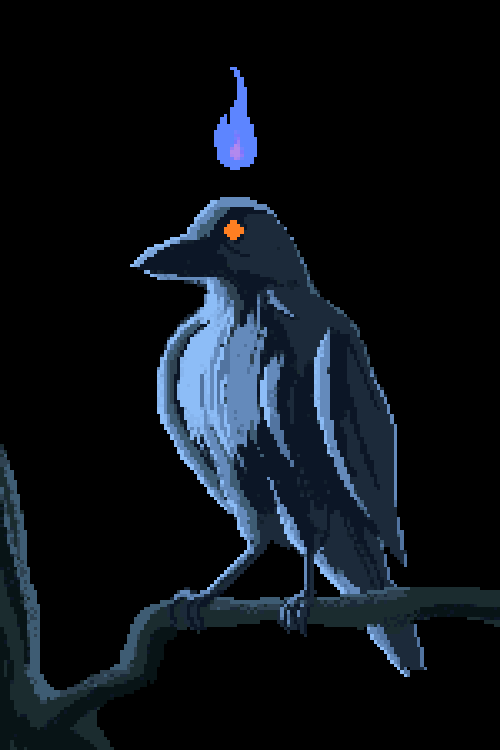My 5 Favorite Gothic Novels 📖🕯 // Book Recommendations
Hey guys! Welcome back to another blog post!
Today, in the spirit of my favorite holiday in my favorite month, I want to sit down and chat with you guys about my favorite gothic novels. I wanted to do this a little earlier in the month but got totally swamped with about a million, trillion things, but hey! Better late than never, right?
What is a Gothic novel anyway?
Gothic literature was born in the 18th century and grew out of the Romantic literary movement. It gets its name from the Gothic architecture style of the Middle Ages. A Gothic novel places strong emphasis on intense emotions, intermingling terror with pleasure and death with romance. Gothic literature ventures into the dark recesses of the mind, tackling many themes of psychology and religion.
The settings of Gothic Literature are usually darkly picturesque. Crumbling castles, isolated estates, and basically anywhere that feels decrepit. Usually, Gothic fiction takes place during moments of transition historically, blending ancient backdrops with contemporary ideals.
Anyway, without further adieu, let’s get started on that list!
First up is The Picture of Dorian Gray by Oscar Wilde which I often accidentally refer to as “A Picture of Dorian Gray” implying that there are several (lol!).
The story revolves around a portrait of Dorian Gray painted by Basil Hallward, a friend of Dorian's and an artist infatuated with Dorian's beauty. Through Basil, Dorian meets Lord Henry Wotton and is soon enthralled by the aristocrat's hedonistic worldview: that beauty and sensual fulfillment are the only things worth pursuing in life. Newly understanding that his beauty will fade, Dorian expresses the desire to sell his soul, to ensure that the picture, rather than he, will age and fade. The wish is granted, and Dorian pursues a libertine life of varied amoral experiences while staying young and beautiful; all the while, his portrait ages and visually records every one of Dorian's sins.
Fun fact, The Picture of Dorian Gray was Oscar Wilde’s only actual novel, and in its time was hugely controversial. Later, it had come to be recognized as an absolute staple in Gothic Literature.
Frankenstein; also known as The Modern Prometheus is an 1818 novel by Mary Shelley. Frankenstein tells the life story of Victor Frankenstein, a young scientist who creates a sapient creature in an unorthodox scientific experiment. Frankenstein starts out with a character named Walden writing letters to his sister about how excited he is to explore the arctic and make a name for himself, but is also discouraged that no one else aboard seems to enjoy scientific pursuits as much as him (because they’re all sailors).
Then Walden finds a man, Victor Frankenstein, out in the middle of the ocean and brings him aboard. The entire rest of the novel is Victor Frankenstein talking about his life and how he came to create “The Creature” (which is the only way the Monster is referred, I think) and how much he regrets it. Frankenstein is a cautionary tale, bringing up the age old conundrum of “just because we can, doesn’t mean we should.”
Also before I leave this one I want to make one solid point: Frankenstein is the doctor, not the monster. The Monster is never referred to as anything but “The Creature” or “The Monster.” I’m not the kind of person who will stop you and be like “ACKCHUALLY” but I wanted to make that abundantly clear in this part of the post!
Next up is Rebecca by Daphne du Maurier. This novel depicts an unnamed young woman who impetuously marries a wealthy widower, before discovering that both he and his household are haunted by the memory of his late first wife, the title character.
What I like about Rebecca is that the narrator remains unnamed, which is unusual and never done anymore. I like stories that take unusual approaches to things like story formatting and depictions of characters. It shows a certain artistry that not everyone employs.
Fun fact: Rebecca’s opening line is considered one of the greatest opening lines in English Literature. “Last night I dreamt I went to Manderley again.”
Dracula is an 1897 Gothic horror novel by Bram Stoker. Famous for introducing the character of the vampire Count Dracula, the novel tells the story of Dracula's attempt to move from Transylvania to England so he may find new blood and spread his undead curse, and the battle between Dracula and a small group of men and women led by Professor Abraham Van Helsing.
Told as an epistolary novel, the narrative of Dracula is related through letters, diary entries, and newspaper articles. Also, there is no one single protagonist although the story does open with Johnathan Harker on a voyage to Transylvania thinking he is employed by a strange aristocrat to help him move to England.
The Phantom of the Opera is a novel by Gaston Leroux. Set in the 1880s, in Paris, the Palais Garnier Opera House is believed haunted. One night, a young woman named Christine Daae, is asked to sing in place of the Opera's leading soprano, who is ill; Christine's performance is a success, and she is recognized by the Vicomte Raoul, a childhood playmate and love. Raoul and the Phantom then battle for Christine's heart, as the Phantom demands more and more from her.
I have loved The Phantom of the Opera since I was a teenager and first saw the 2004 Gerard Butler version of the movie, and I still really love it to this day. It’s a beautifully written tragedy (I view it as a tragedy anyway. That’s the best part about literature: the way one person sees it probably won’t be exactly the same as the way another person sees it) that will forever have a place in my heart.
That’s it! That’s my Top 5 Favorite Gothic novels!
I hope you guys liked it, and I hope that it gave you some ideas for new spooky reads for this glorious spooky season!
See you next time~💜!








